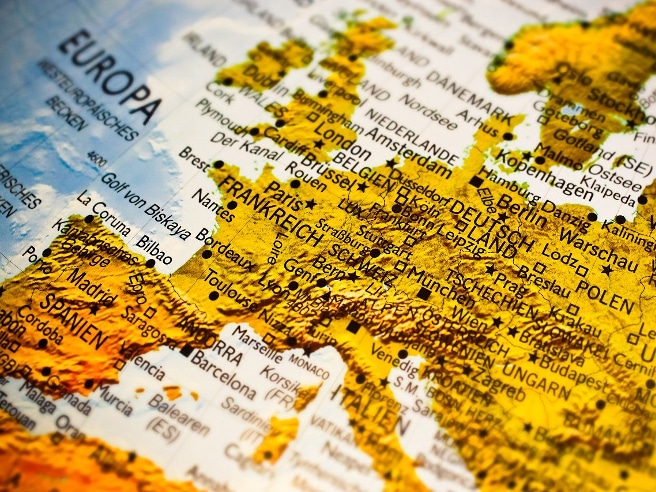This interview was conducted by our sister publication European Seed. Interview with Antonio Villaroel, Secretary-General of the Spanish Seed Association ANOVE, date 23 March 2020.
European Seed (ES): Antonio, how are you and your team doing under COVID-19?
Antonio Villaroel (AV): We are all fine and nobody is affected in our close personal and professional circles. Nevertheless, the situation in Spain is rather alarming as you might be aware, with death ratios higher than Italy.
ES: How is the Spanish seed sector doing?
AV: With regards to our industry, in the decree declaring the state of emergency in the country last week, the Spanish government did not include specific measures with regard to farming and agricultural production. That omission gave rise to uncertainties that provoked many contacts between all actors involved in the supply chain, from farmers unions, agri-cooperatives to most input associations. Lead by ANOVE, and our authorities, that finally lead to a formal request jointly signed by all stakeholders and a subsequent press release (on Monday 16) that was widely published by many specialized and non-specialized media and which had wide impact.
ES: So, do you have some more clarity now?
AV: Finally, last week, our Ministry of Agriculture published a note and guidelines with regard to the state of emergency, explicitly declaring that:
“Agricultural, livestock and aquaculture production, as well as fishing activity, the transformation of agricultural and fishery products, veterinary centres or clinics, transport and distribution of food, as well as its commercialization through retail sale to the consumer, form the food supply chain whose activity must be guaranteed in the state of alarm. This implies that the activity of agri-food companies as a whole, including agricultural, livestock, aquaculture and fishing activities, must be maintained, but also that of the companies that, in turn, supply them with the necessary inputs for their operation.
The agricultural, livestock, aquaculture or fishing activity requires the use of inputs for its proper performance, such as the use of fertilizers, phytosanitary products, seeds and plants, veterinary products, feed, salt, ice, accoutrements, etc.”
ES: Do you see a threat of disruption in the seed trade?
AV: We are regularly monitoring the activities, uncertainties and challenges our members are facing nowadays, and the main conclusions are the following:
- In the coming weeks, for the main crops there is no immediate threat of disruption or shortage in the seed supply to farmers;
- So far, there are no disruptions in the normal movement of seeds from other EU countries (mostly France and The Netherlands) to Spain, beyond some (understandable) slight delays in logistics;
- The situation could change if the exceptional situation we are living in these days would be extended several weeks, and very particularly if there would be import restrictions at borders, as we depend on seed imports for some key crops, particularly vegetables.
ES: What are the challenges your members are facing?
AV: The main two problems our companies are facing today seem to be:
- The gradual paralysis of many public services in our administration, including ISTA and OECD certificates for export, internal seed lot certification and analysis (LLP, etc.). Our efforts are aiming to allow more autonomy and self-certification for companies in case official services could not perform timely inspections and sampling.
- The restrictions in private mobility, that are producing serious uncertainties on how many people could travel in private cars. This is extremely relevant for our sector, as some crops are labour intensive and many workers lack either a driving license or their own car, and it has been usual to share private cars for those displacements. That situation could either oblige some companies to rent buses (if available…) or lose as much as 50% of their work force on fields (figures directly from some members). The impact on the company’s costs could be enormous…












